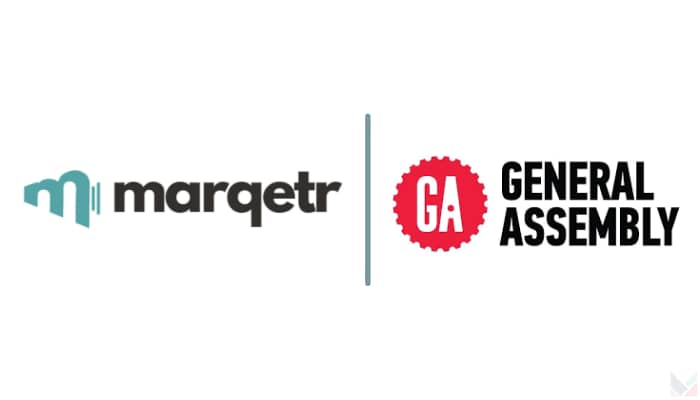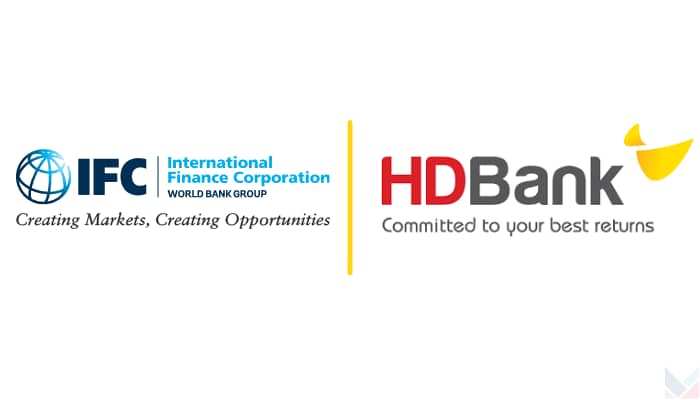Singapore – Global financial services company Mastercard and superapp Grab have joined hands to launch the ‘Small Business, Big Dreams’ regional programme to digitally upskill gig economy workers and small businesses in Indonesia, the Philippines, and Vietnam. This collaboration is part of Strive Community, a global philanthropic initiative developed by the Mastercard Center for Inclusive Growth and Caribou Digital that aims to support the resilience and growth of five million small businesses around the world.
The new regional programme includes the launch of two online business courses for Grab’s driver and delivery-partners aspiring to start new businesses, and small business owners seeking to grow in a competitive digital economy. It aims to enable small businesses to reach their full potential by supporting them to digitise their operations, unlock their access to financial services, and more effectively participate in the digital economy.
The two new online courses, namely the ‘Driver Entrepreneurship Toolkit’ and the ‘Small Business Toolkit’, were created based on survey insights from over 34,000 driver-partners and 600 small businesses in the region. Although almost all small businesses surveyed use smartphones for their businesses, 42% still rely solely on paper and pen to manage their businesses.
“Many Southeast Asians working in the informal sector aspire for more, but the reality is that a lot of them do not have the means or the opportunity to access quality training programs. Through our partnership with the Mastercard Center for Inclusive Growth, we hope to give gig workers and small businesses a boost to get started. Our ‘Small Business, Big Dreams’ programme will equip them with business knowledge and practical skills through a structured learning journey tailored to their needs and interest areas,” said Cheryl Goh, group head of marketing and sustainability at Grab.
Meanwhile, Payal Dalal, SVP of social impact, international markets, and centre for inclusive growth at Mastercard, commented that they are delighted to work with Grab on this initiative that will boost digital capacity and inclusion amongst aspiring entrepreneurs and small businesses post-pandemic.
“Mastercard has globally committed to bringing a total of 1 billion people and 50 million micro and small businesses into the digital economy by 2025. Today’s announcement follows the success of Mastercard Academy 2.0 in Indonesia, Business Cell in the Philippines, BSR’s HER Project Digital Wage in Cambodia, and Care Ignite in Vietnam, which have empowered millions of small businesses to access technology, training, mentorship, and financial services,” she said.












